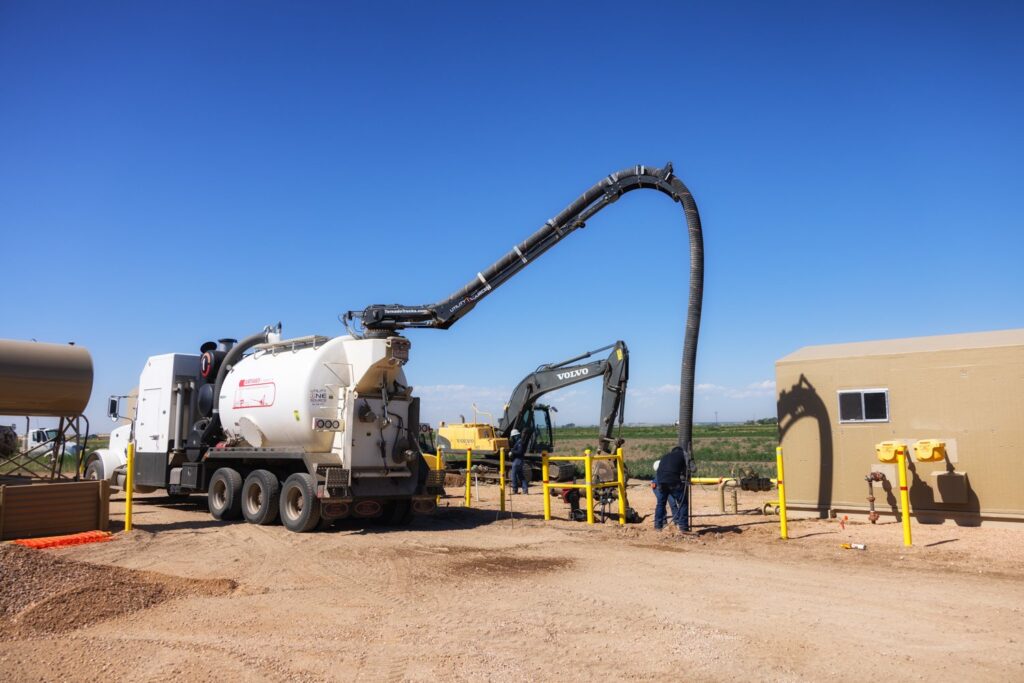Hydro-excavation, a process that utilizes high-pressure water and a powerful vacuum system to remove soil and debris, has become a cornerstone in modern industrial and construction projects. The economics of hydro-excavation reveal a compelling narrative, emphasizing its cost-effectiveness and impressive return on investment ROI. At its core, hydro-excavation offers a more efficient and precise alternative to traditional excavation methods. The high-pressure water jet not only quickly breaks up soil but also allows for a targeted excavation that minimizes the risk of damaging underground utilities, pipelines, and cables a common concern with mechanical digging. This precision not only safeguards critical infrastructure but also reduces the potential for costly repairs, creating a positive ripple effect on the overall project budget. One of the key contributors to the cost-effectiveness of hydro-excavation is its ability to streamline operations. The process is significantly faster than manual digging or mechanical excavation, enabling projects to progress at an accelerated pace.

This time efficiency is not only valuable in meeting tight deadlines but also in reducing labor costs associated with prolonged excavation periods. Additionally, the reduced need for extensive manpower contributes to a safer working environment, as fewer workers are exposed to the risks associated with manual excavation. Moreover, hydro-excavation is an environmentally friendly option, aligning with the growing emphasis on sustainable practices in various industries. Traditional excavation methods often involve the use of heavy machinery and the combustion of fossil fuels, leading to increased carbon emissions and environmental degradation. In contrast, hydro excavation companies Green Bay minimizes the ecological footprint by relying on water as the primary tool. The absence of harmful chemicals or pollutants further underscores its eco-friendly nature, making it an attractive choice for environmentally conscious projects and organizations. The cost-effectiveness of hydro-excavation is not only evident in direct project costs but also in the long-term maintenance and durability of underground infrastructure.
The precision of the process minimizes the risk of damage to utility lines, reducing the frequency and scale of repairs needed over time. This translates to significant savings in maintenance costs and extends the lifespan of underground infrastructure, enhancing the overall return on investment for the project. When evaluating the economics of hydro-excavation, it is crucial to consider the holistic financial impact. While the initial investment in specialized equipment and training may seem substantial, the long-term benefits far outweigh the upfront costs. The efficiency gains, reduced labor expenses, and environmental advantages position hydro-excavation as a strategic and economically sound choice for excavation needs across various industries. As projects continue to demand cost-effective and sustainable solutions, the economics of hydro-excavation make a compelling case for its widespread adoption in the realm of construction and infrastructure development.
